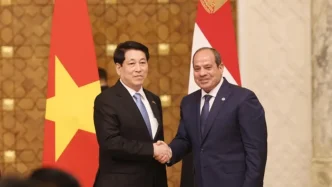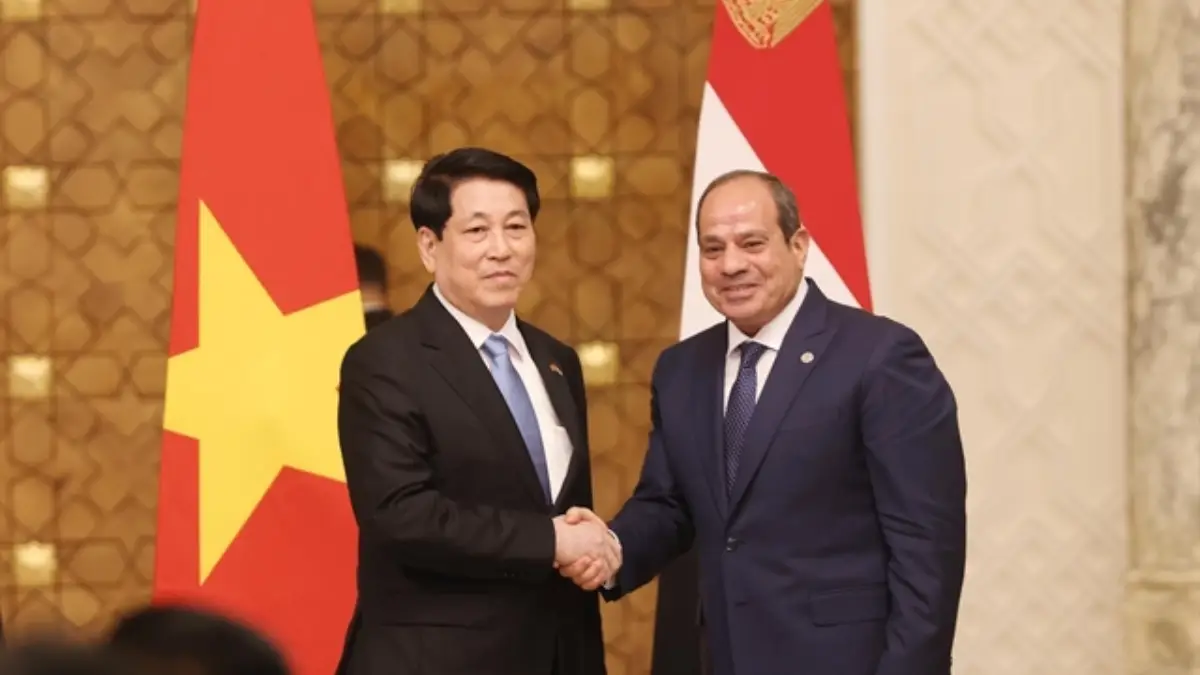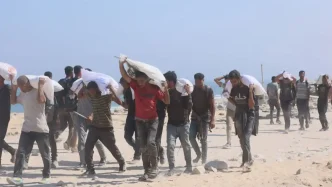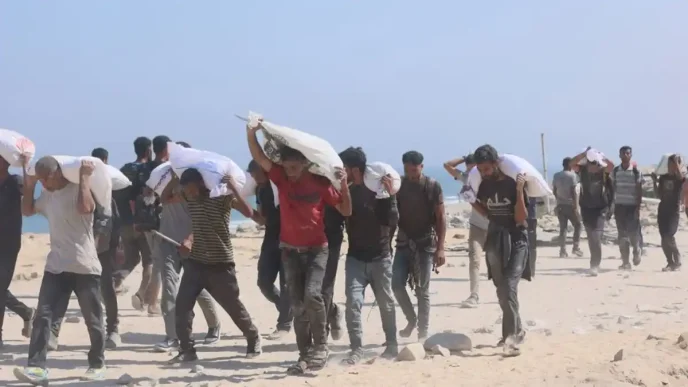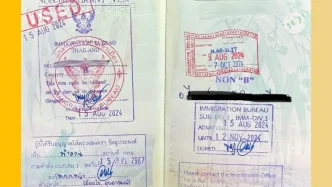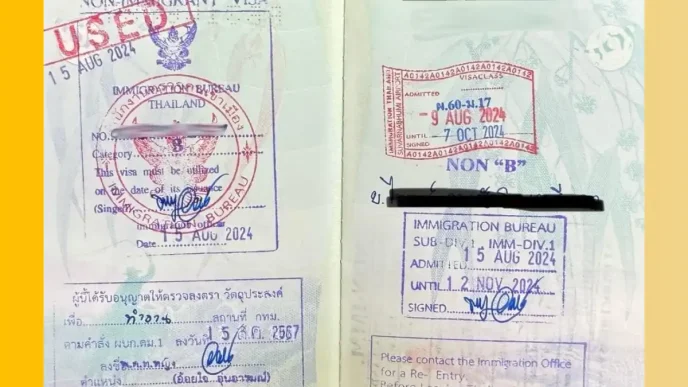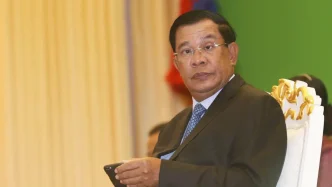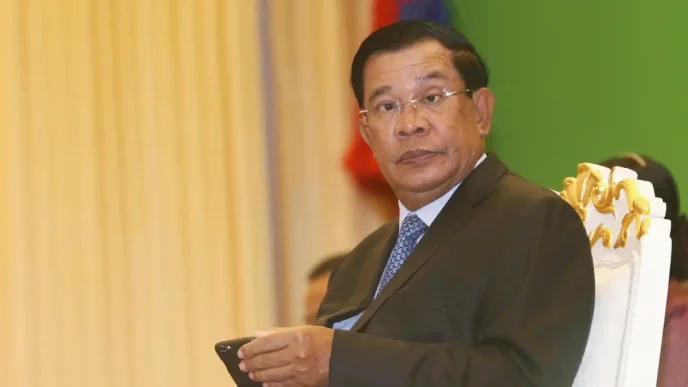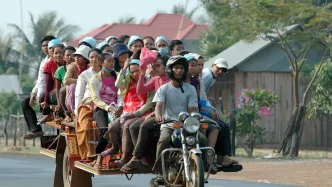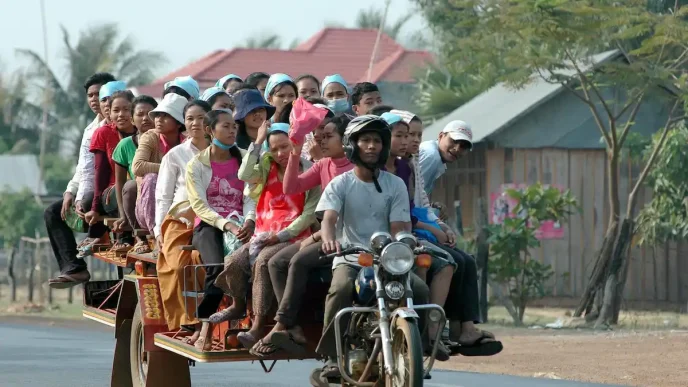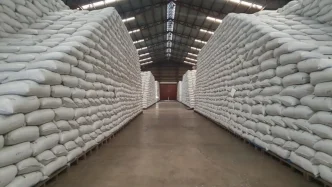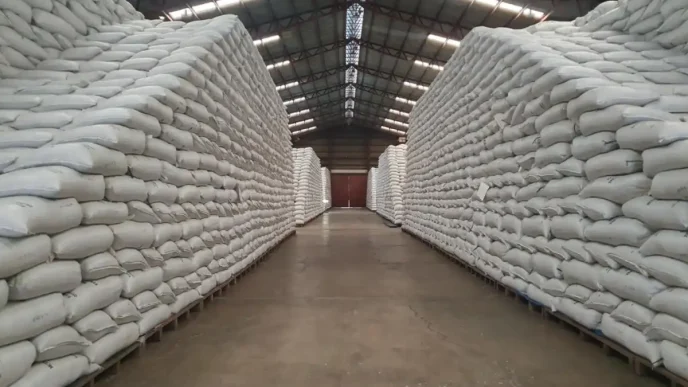On August 5, 2025, Vietnamese President Lương Cường and Egyptian President Abdel Fattah El-Sisi marked a significant milestone in the history of their nations’ relations by upgrading bilateral ties to a Comprehensive Partnership. The announcement came during official talks at the Presidential Palace in Cairo, signaling a new era of deepened cooperation between Vietnam and Egypt after more than six decades of diplomatic relations. This partnership aims to enhance political trust, boost trade and investment, and expand collaboration in emerging fields like green transition and digital transformation.
A Historic Visit and Warm Reception
The state visit by President Cường to Egypt, his first to the North African nation, was met with a warm and respectful welcome by President El-Sisi and Egyptian leaders. The talks, which followed a formal ceremony at the Presidential Palace, provided an opportunity for both leaders to reflect on the longstanding friendship between their countries. President El-Sisi expressed deep admiration for Vietnam’s historical struggles and development achievements under the leadership of the Communist Party of Vietnam, emphasizing Egypt’s desire to strengthen ties with Vietnam.
In response, President Cường conveyed his gratitude for the hospitality and highlighted the affection that Vietnam’s founding leader, President Hồ Chí Minh, and the Vietnamese people have historically held for Egypt. He recalled the shared history of national liberation struggles that bonded the two nations, nurtured by leaders like Hồ Chí Minh and Egypt’s Gamal Abdel Nasser. During the meeting, President Cường also extended greetings from Vietnam’s top leadership, including Party General Secretary Tô Lâm, Prime Minister Phạm Minh Chính, and National Assembly Chairman Trần Thanh Mẫn, to their Egyptian counterparts.
Elevating Ties to a Comprehensive Partnership
The centerpiece of the Cairo talks was the decision to elevate Vietnam-Egypt relations to a Comprehensive Partnership. Both leaders issued a joint statement affirming their commitment to this upgraded status, which reflects the aspirations of their peoples and aims to contribute to peace, stability, and development in their respective regions and beyond. This partnership is seen as a framework to create breakthroughs in bilateral cooperation across multiple sectors, from politics and economics to culture and technology.
President Cường and President El-Sisi agreed to deepen political trust through continued support and close coordination. They discussed measures to bolster trade and investment, recognizing the potential for mutual economic benefits. President Cường noted Vietnam’s agreement in principle to open its market to specific Egyptian goods of interest, while requesting Egypt to facilitate access for Vietnamese products. Both sides tasked relevant agencies with completing necessary procedures to implement these trade policies in line with international standards.
President El-Sisi highlighted Egypt’s strategic geographic position as a bridge linking three continents—Africa, Asia, and Europe—and its extensive network of free trade agreements. He positioned Egypt as a potential gateway for Vietnamese businesses seeking to expand into the Middle East and African markets. To support this vision, the leaders agreed to establish a working group to explore the feasibility of negotiating a Vietnam-Egypt Free Trade Agreement, a move that could significantly increase bilateral trade volumes in the near future.
Expanding Horizons: New Areas of Cooperation
Beyond traditional trade and political ties, the two presidents explored opportunities to collaborate in innovative fields. Discussions centered on science and technology, green transition initiatives, and digital transformation—areas critical to sustainable development in the 21st century. They committed to improving the bilateral legal framework to support comprehensive cooperation, ensuring that agreements and policies keep pace with the evolving needs of both nations.
Education and cultural exchange also featured prominently in the talks. President Cường expressed appreciation for Egypt’s provision of Arabic language training scholarships to Vietnamese students and proposed expanding cooperation in emerging sectors like halal industries, agriculture, and international relations. He also sought Egypt’s expertise in preserving cultural heritage, managing museums, and promoting sustainable tourism, areas where Egypt’s ancient civilization offers valuable lessons.
To strengthen people-to-people ties, both leaders pledged to enhance tourism promotion, cultural exchanges, and destination marketing. President Cường also requested continued support for the Vietnamese community in Egypt, emphasizing their role in contributing to Egypt’s development and fostering bilateral relations.
Regional and Global Cooperation
The talks in Cairo extended beyond bilateral matters to address regional and international issues of mutual concern. President Cường commended Egypt’s role as a mediator in regional conflicts, acknowledging its efforts to seek solutions in the Middle East. President El-Sisi, in turn, welcomed Vietnam’s stance on supporting the Palestinian cause, with both leaders agreeing that a two-state solution is essential for achieving lasting peace in the region.
On the issue of the East Sea, internationally known as the South China Sea, the two presidents underscored their commitment to resolving disputes through peaceful means. They emphasized respect for international law, including the United Nations Charter and the 1982 United Nations Convention on the Law of the Sea (UNCLOS), to ensure peace, security, and freedom of navigation and overflight in the region.
Both leaders affirmed their dedication to upholding international law and strengthening coordination at multilateral forums. They agreed to consult and support each other on regional and global issues, aiming to promote peace, stability, and development for the benefit of their peoples and the international community.
Signing of Key Agreements
Following their discussions, Presidents Cường and El-Sisi witnessed the signing of several significant cooperation documents. Among them was a Memorandum of Understanding (MoU) on economic cooperation between Vietnam’s Ministry of Industry and Trade and Egypt’s Ministry of Planning, Economic Development, and International Cooperation. Another MoU focused on local development cooperation between Vietnam’s Ministry of Home Affairs and Egypt’s Ministry of Local Development.
In addition, the defense ministries of both countries signed a Letter of Intent on defense cooperation, while Vietnam’s Department of Peacekeeping Operations and Egypt’s Liaison Agency with International Organizations agreed on an MoU. Leaders from various ministries, sectors, and enterprises also held working sessions, reaching agreements in fields such as finance, agricultural trade, and oil and gas exploration, further cementing the multifaceted nature of the partnership.
A Future of Collaboration
As a gesture of goodwill, President Cường extended an invitation to President El-Sisi to visit Vietnam at an early date, an offer that was warmly accepted. This reciprocal visit is expected to build on the momentum of the Cairo talks, further solidifying the Comprehensive Partnership.
The upgrading of Vietnam-Egypt relations comes at a time when both nations are navigating complex global challenges, from economic recovery to climate change. By aligning their efforts, Vietnam and Egypt aim to not only strengthen their bilateral ties but also contribute to broader regional and international stability. The agreements signed during this historic visit lay the groundwork for a future of shared prosperity and mutual support.
As the Comprehensive Partnership takes shape, questions remain about how quickly the ambitious goals set in Cairo can be realized. With commitments to trade, innovation, and cultural exchange, the path forward appears promising, but its success will depend on sustained political will and effective implementation of the agreed frameworks.

